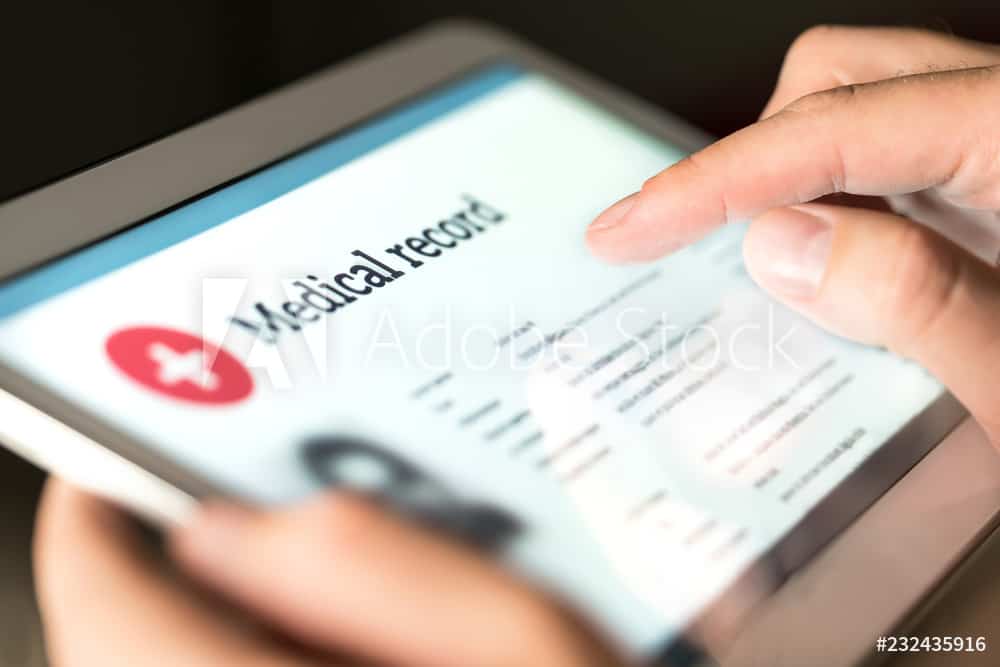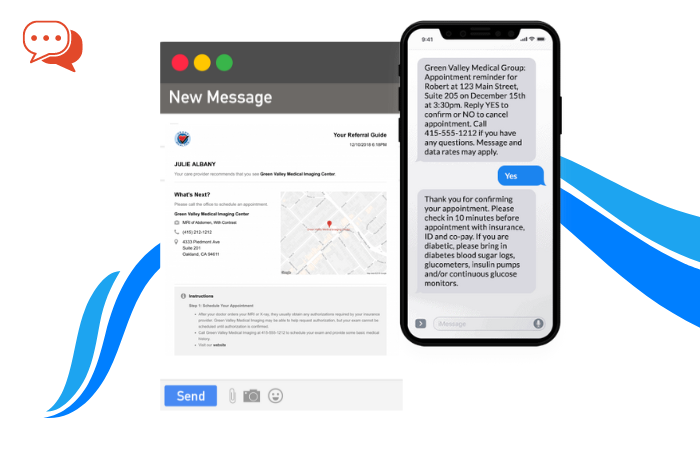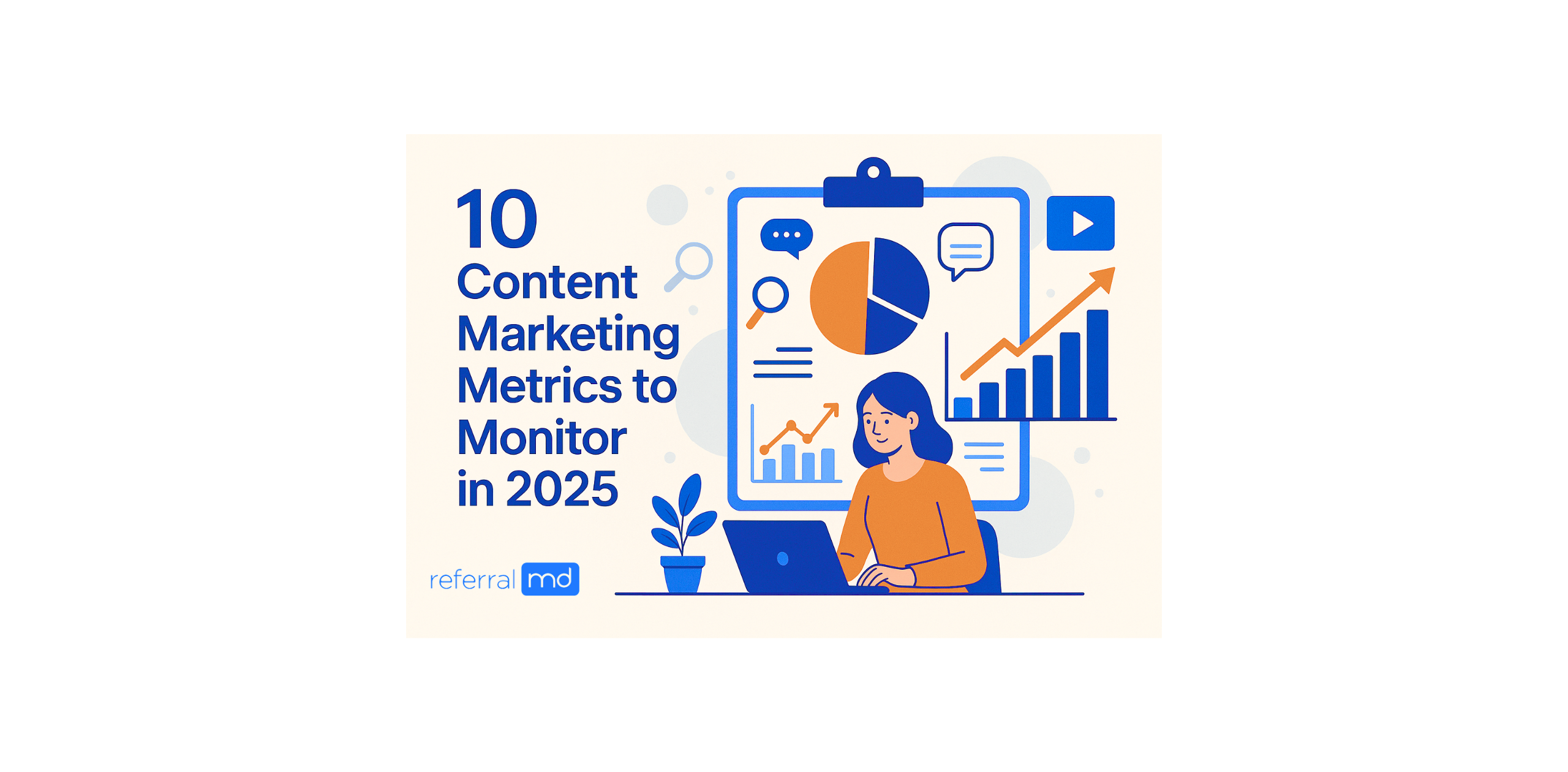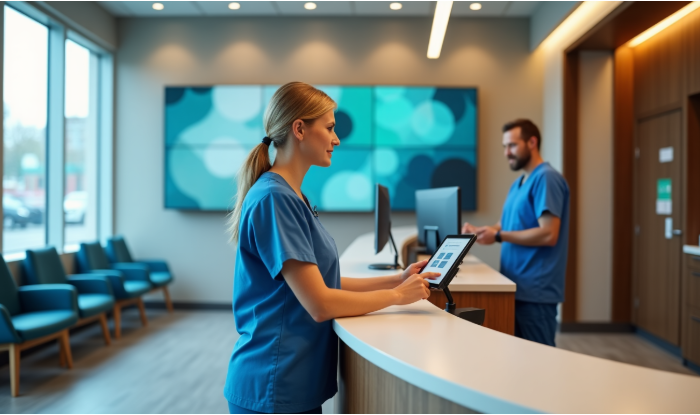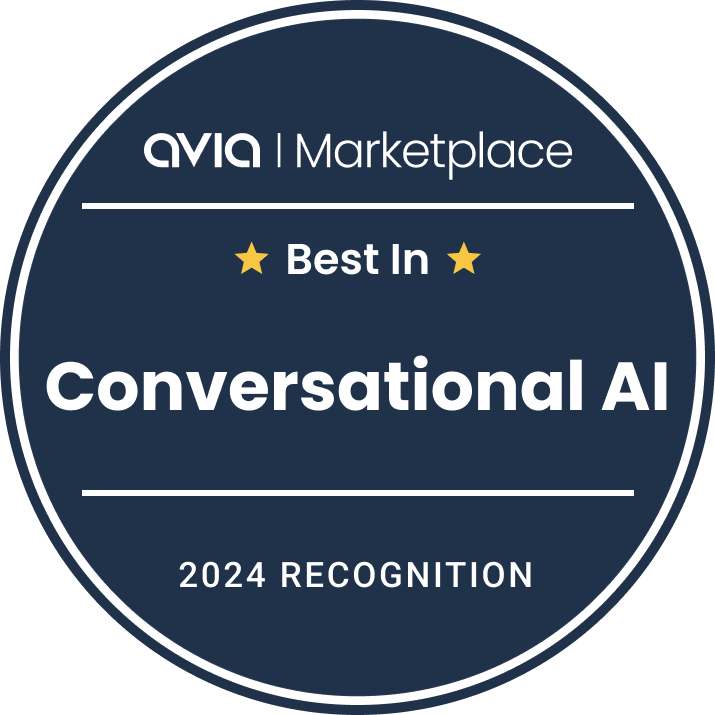The era of artificial intelligence has affected every aspect of human life, including healthcare. Over the past decade, the hospital industry has been seeking effective ways to improve healthcare delivery. And this has led to the introduction of medical innovations like healthcare chatbots.
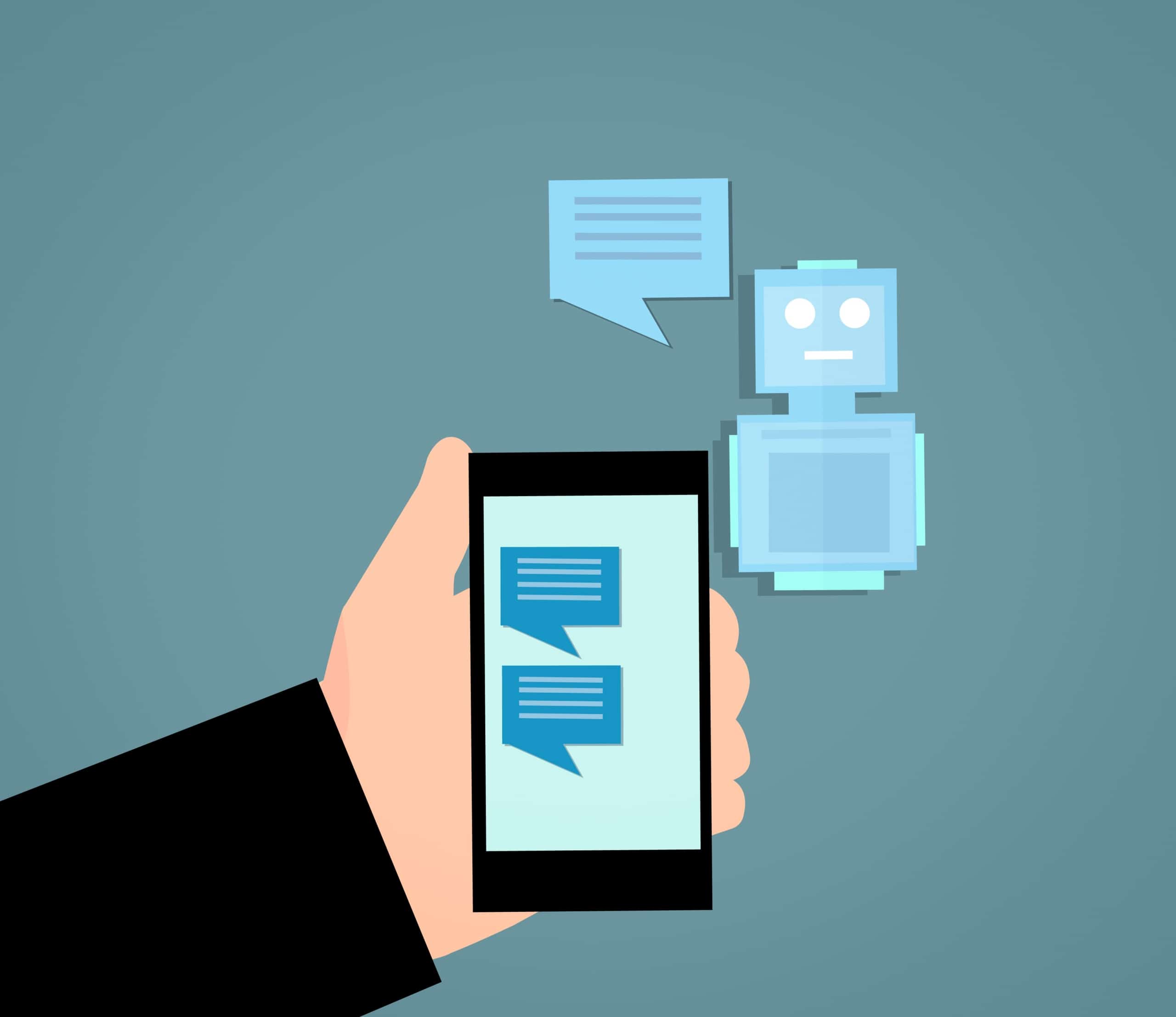
Photo by mohamed_hassan on Pixabay
But with the COVID-pandemic, healthcare technology now places a lot of emphasis on contactless administration. As a result, chatbots have gained massive popularity over a short time.
So, let’s look at the application of chatbots in the healthcare complex industry today.
1. Contactless consultation
The main advantage of using chatbots is that they encourage contactless consultations with patients. This core benefit explains why the healthcare IT market for artificial intelligence is now valued at 6.6 billion USD worldwide.
In the past, patients had to book appointments and hang around in waiting rooms to meet their doctors. But with a chatbot, you can avoid nauseating clinics and hours of waiting.
You can book a doctor’s appointment right on your phone without leaving your home.
Besides, the current pandemic proves the importance of contactless delivery. And to this effect, chatbots can curb the spread of the virus and ease the pressure on essential health workers.
Moreover, advanced chatbots can book your appointments without stress. This feature will benefit the elderly and disabled.
2. Real-time healthcare assistance
Visiting the hospital every time you feel discomfort is often a challenge for some people. First, the patient must factor in the distance and possible traffic conditions. Then, it would help if you also considered that the medical emergency might limit the patient’s mobility.
In these cases, chatbots can help you reach out to your doctor or any medical professional instantly. You can also encode your emergency contact to limit the time spent scrolling through your phone book.
So, even if you feel discomfort at night, you can contact the doctor and get real-time assistance. Moreover, the patient’s relatives can also stay in touch with the physician as their emergency contacts.
3. Prescription reminders
People often think that healthcare chatbots only allow back and forth messaging with a medical practitioner. However, modern chatbots come with features that replicate a virtual hospital. You can get access to different office personnel on one platform.
Nowadays, patients can talk to their doctors and communicate with pharmacists about prescriptions. So, you now have more control over your medication, and your doctor can also supervise your dosage in real-time.
Besides, most healthcare apps now contain reminders and push notifications to tell patients when to take their medication. This feature is especially beneficial to elderly patients and people under intensive care at home.

Photo by freestocks on Unsplash
4. Quick access to reliable information
In the past, patients searched for cures to their symptoms online. Some of these instances of self-medication are a result of limited access to top-notch health services. As a result, patients visit WebMD or any other public medical site to self-diagnose.
However, chatbots have helped to reduce these instances of self-medication and self-diagnosis. Instead of searching for your symptoms online, you can chat with your doctor for a more accurate diagnosis.
Even if the doctor is not available, you can read valuable information about your symptoms from verified sources. And if you have doubts, you can clarify them with your physician.
Moreover, better access to health-related information is covered under the Patient Self-Determination Act. With a better understanding of treatment risks, you can make informed decisions with your doctor’s assistance.
The COVID-19 pandemic highlighted the importance of chatbots for information dissemination. By providing accurate WHO and CDC updates, chatbots kept patients abreast of the virus’s latest developments.
5. Data management
As the emphasis on patient access increases, medical institutions are working hard to handle these changes. As a result, they use advanced data management systems to improve their healthcare services.
According to the Food and Drug Administration, every SaMD must meet certain requirements to get authenticated. One of these requirements is absolute patient privacy.
In special cases, a hospital can collect data on patients reporting flu symptoms. This information helps to determine if a community is at the risk of a pandemic.
This automated data collection system relieves medical professionals of the stress of obtaining and processing patients’ information manually.
If you are worried about personal information when using a medical chatbot, don’t worry. Every healthcare app on the App Store must pass a rigorous certification protocol before patients can use it.
Some medical software categories that require FDA approval include:
- Software that monitors prescriptions
- Diagnosis tools
- Disability aids
- Medical storage software that handles user data
6. Mental health
Mental health is a sensitive subject that has come into prominence over the past few years. But despite the patient’s willingness to discuss these issues, talking to a therapist in person can be a challenge. Besides, some cultures still consider seeking mental health assistance a taboo.
Therefore, a chatbot can help you avoid the stigma attached to mental health. You can maintain a low-key relationship with your therapist without leaving your couch.
Apart from that, these automated chatbots also offer multiple communication channels. Patients can choose to talk to their therapist without waiting to book appointments.
Another significant advantage of chatbots to mental health is the presence of anxiety apps. If you find yourself in a stressful situation, these apps can recommend activities to help you regain composure.
7. Healthcare training
Currently, trainees in the healthcare sector had to abandon their training programs due to lockdown guidelines. But with chatbots and other communication channels, trainees can continue their practice without interruption.
Moreover, experienced medical practitioners can mentor young trainees without exposing them to the front lines.
This system helps medical trainees to master the craft gradually without dealing with field stress. Simultaneously, chatbots also help young trainees stay in touch with their peers in other industries.
8. Faster billing
Healthcare AI bots can handle billing processes automatically. Patients can pay for instant access to medication. Although patients could already clear their medical bills using bank software, AI chatbots have expedited the process.
Hindrances to chatbot implementation in healthcare
Despite the advantages of chatbots to medical services, other instances exist where they disrupt healthcare. They include the following:
- Chatbots can’t handle medical procedures that require face-to-face interaction.
- Chatbots pose potential risks to data privacy.
- Healthcare software is often prone to cyberattacks.
- Incorrect data interpretation can lead to inaccurate diagnoses and prescriptions.
- Chatbox malfunctions or downtimes can lead to significant loss of life.
Final words
Chatbots have improved the overall patient experience within the healthcare industry. Hospitals now implement these artificial intelligence bots for medical services. Despite the various safety concerns associated with healthcare chatbots, the benefits outweigh the risks.
Besides, the COVID pandemic has provided a reason for healthcare institutions to prioritize contactless care. Chatbots offer real-time healthcare solutions irrespective of the patient’s location. You can also have access to useful information from your mobile device.
For healthcare institutions, chatbots are excellent for data management and faster billing. Finally, hospitals can also train recruits with chatbots.

